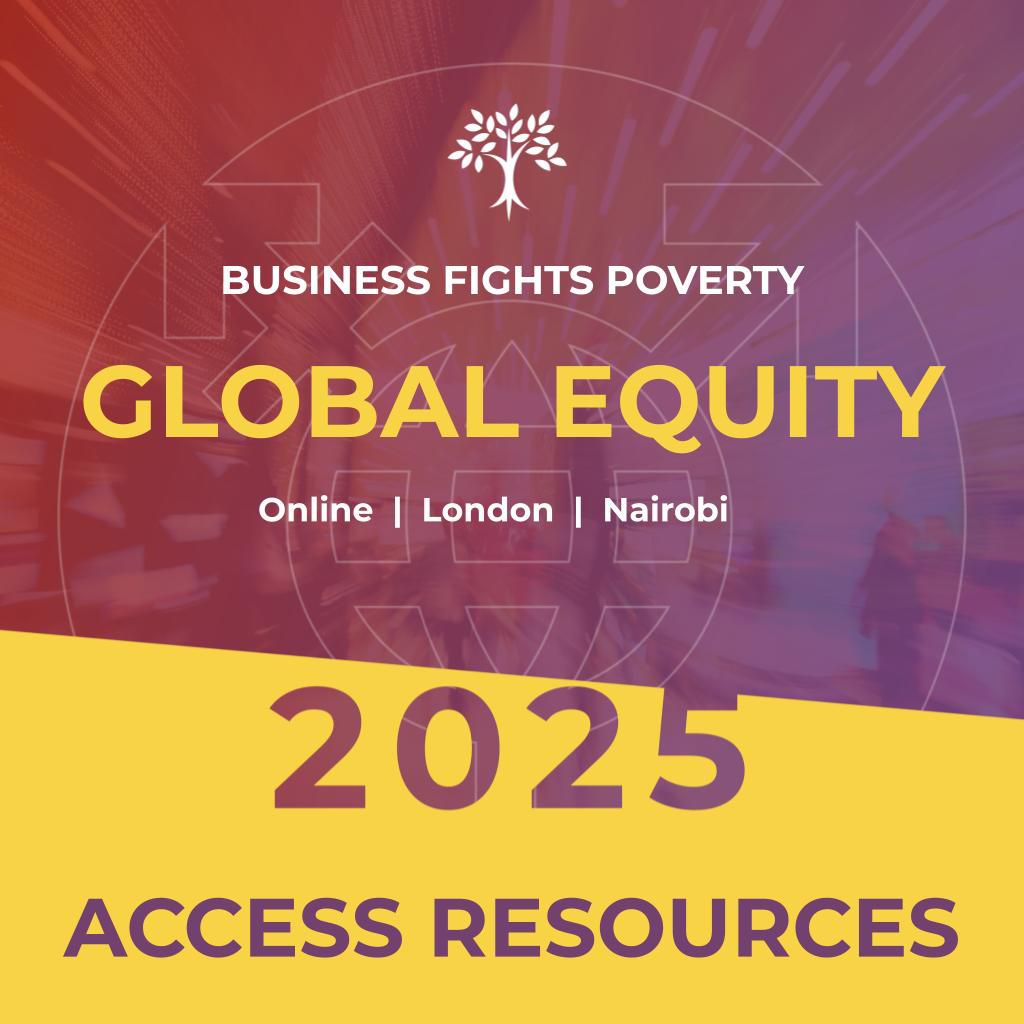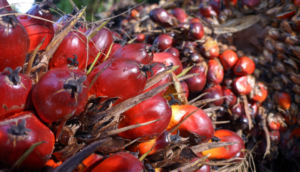As businesses increasingly strengthen their sustainability policies in line with the 2030 Sustainable Development Goals (SDGs), many are deepening their sustainability commitments.
We know from an AidEnvironment review published last year that upstream and downstream businesses benefit in many different ways from working with sustainability standards, for example, 98% of studies reviewed show improvements in sales and marketing. And, as the use of sustainability standards becomes more established, more business benefits materialise, which improves the financial return on investment.
Supporting business commitments
Having made public sustainability commitments, those companies that are truly focused on delivering sustainability outcomes need to know that they are contributing to positive economic, social and environmental improvements. They need to be sure that the tool they are using to help achieve their goals is an effective one.
A key characteristic of sustainability standards is defining and helping to improve production practices across sectors to deliver impacts on the ground. Most research about standards focuses on the final sustainability outcomes and impacts. Less is known about the step before that: the effectiveness of standards in driving practice adoption.
The idea that sustainability standards support the delivery of impacts is based on the concept that they require good practices from a business, which in turn lead to positive outcomes and impacts. For example, requiring the use of safety equipment reduces accident rates and contributes to workers’ well-being; lower water and pesticide usage contribute to reducing the environmental cost of cultivation; and implementing sedimentation ponds and wastewater channels improve the water quality from aquaculture ponds before the water is pumped back to the river.
Review highlights evidence that standards can contribute to the adoption of improved practices
Anecdotal evidence from producer testimonials provide examples of how standards are driving practice adoption, which has led to improvements. Nguyen Khanh Ngoc, Thuan An Pangasius Farm, Vietnam, states in an Aquaculture Stewardship Council (ASC) case study: “After more than a year of ASC certification, we have reduced mortality [of fish] to around 10 per cent and increased our feed use efficiency which has reduced production costs.” Dr. Manjunatha S. Rao, of Indian sugar producer E.I.D. Parry, describes in another case study how the Bonsucro standard has strengthened EID Parry’s efforts to get its sugar cane suppliers to adopt sustainable farming practices while helping it to improve workplace safety and monitoring, stating “We have safer workers, and fewer accidents and losses. Efficiency has improved”.
These testimonies are reinforced by a new report from the University of Oxford and 3Keel, which explores available evidence about the effectiveness of sustainability standards in driving the uptake of sustainable practices. The state of knowledge review considered 116 studies, systematically filtered from 13,000 studies, representing a range of standards in multiple sectors and covering environmental, social and economic sustainability.
The report identifies evidence that certification and standards can contribute to the adoption of improved practices, in each of six thematic areas assessed. The studies reviewed suggest that certified businesses improve their approach to conservation. The studies also provided evidence that standards can drive the adoption of more sustainable use of inputs, such as fertilisers and pesticides, and strongly suggest that certification leads to improved democratic organisation, decision making and greater engagement with local communities.
The studies that looked at occupational health and safety practices found that certified businesses had better practices than non-certified ones. The interviews carried out along with the review of studies found that many people who have been involved with certification over a significant period saw improvements in management systems. This observation was backed up by the research reviewed, however, the researchers noted that this is an under-researched area.
The role of standards systems in preventing slippage of good practice is critical
The report highlights the critical role that standards and certification have in preventing slippage of good practices and the importance of this in ensuring sustainable outcomes. The researchers note that the process of compliance, where regular audits are conducted, helps ensure that levels of performance are maintained.
Unsurprisingly, the review found that practice adoption is often supported by external technical support, including training. Some standards directly provide technical support as a part of their programme; others require that certified businesses offer this support or work with partners to strengthen the technical support that is available to certified businesses. Working in partnership is key to us all achieving our sustainability goals, and there are many examples of standards working in partnership to accelerate the uptake of sustainable practices.
One example is Better Cotton Initiative’s work with Cotton Australia, which runs a continual improvement programme called myBMP. In one of their case studies, Better Cotton explains how through this partnership they are helping cotton farmers to optimise water use. The myBMP programme is aligned to the Better Cotton Standard System (BCSS) production principles, which allows myBMP-certified farmers to sell their cotton as Better Cotton. Through the myBMP platform, farmers are able to access expert advice, compare practices and measure progress. According to the case study, thanks to advances and uptake in irrigation technology, scientific research and programmes such as myBMP, the Australian cotton industry has achieved a 40% increase in water productivity over the last decade.
Innovation, investment and partnerships are needed to deliver change at the scale we seek
The review identified that increased investment in technical, financial and institutional support to producers is a key multiplier of investment in sustainability standards.
When it comes to improving access to finance for producers, traders and processing companies are developing innovative solutions that can be scaled up. For example, while providing pre-finance is the norm for well-established farmers with a strong credit history, companies such as ECOM Agroindustrial Corp have been looking at how to use farmer groups, together with a strong local presence to manage their credit risk exposure while providing producers in their supply chain with the input credit they need.
Sustainability standards are often applied in areas where infrastructure is poor and government weak. Driving environmental and social improvements is long term, complex work. However, in low and middle income countries, standards are one of the few mechanisms for improving practices. Context will always have some influence on the impacts that certification may or may not have. Recognising this, credible sustainability standards consider how to make a standard locally relevant, exploring and discussing needs and requirements through a multi-stakeholder consultation and seeking out partnerships to deepen impact in particular places.
To achieve our shared vision and have an impact at the scale we aim for, we need to work together with business, governments, NGOs and across certification schemes. Bringing about wide-scale social and environmental change cannot be achieved through the work of one actor alone.
Picture via Charlie Watson, Rainforest Alliance










